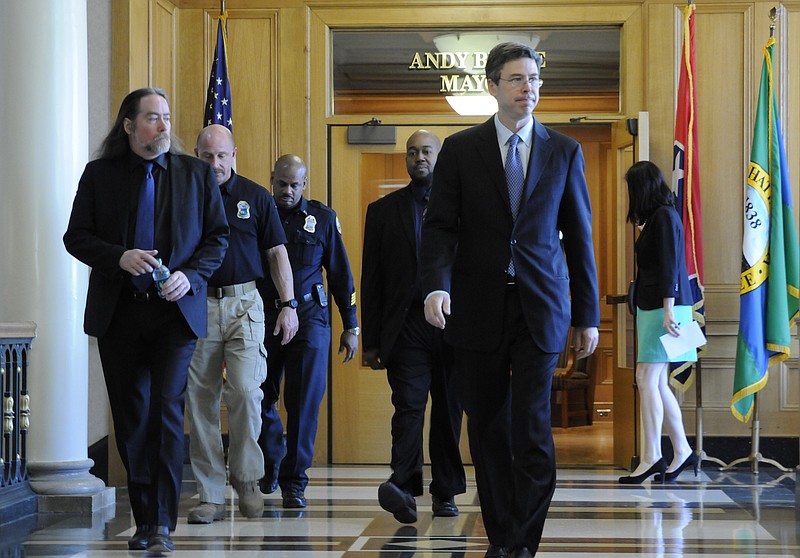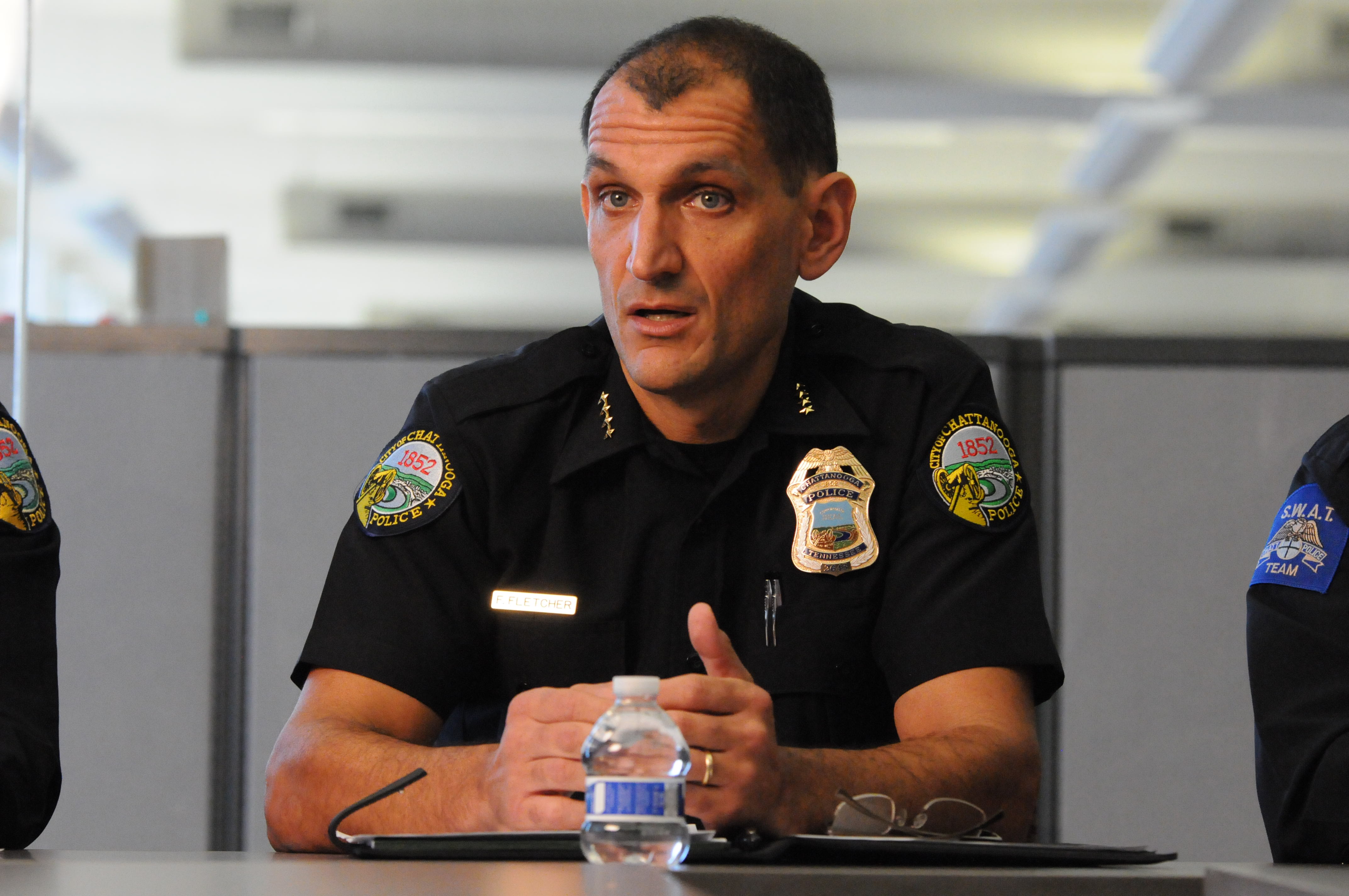Read more
Ochs Center for Metropolitan Studies closes after 50 years Chattanooga's gang task force ending Findings belie claims of Chattanooga's VRI success: Funders pull support, vendors disenchanted as job numbers don't add up
Chattanooga officials are returning a $300,000 anti-gang grant, and they're blaming the loss of funds on the unexpected closure of the Ochs Center for Metropolitan Studies. But while the language of the grant mandates the involvement of a third party researcher, it also hinges on an anti-gang task force that was disbanded by Mayor Andy Berke immediately upon taking office.
The U.S. Department of Justice awarded Chattanooga the $300,000 grant in 2013 to pay for a special prosecutor who would focus on gang members in two inner-city neighborhoods, as well as provide funds for the Ochs Center to track the progress of the anti-gang program.
The program was modeled after a Los Angeles anti-gang program designed to prosecute gang members in specific neighborhoods, with police and other participants forming a so-called "community impact team" to help document and resolve gang and gun violence.
Chattanooga Public Safety Director Paul Smith said that after Berke was elected and disbanded the task force two years ago, the city began to study other ways to use the grant, including whether the grant could go for Berke's Violence Reduction Initiative.
In an email sent in July 2014, Smith said the Ochs Center's role would be to monitor the city's success of getting gang members jobs and monitor whether those gang members were later arrested or shot.
"At the end of each quarter, Ochs will submit a detailed evaluation of each [group member] who we have given the VRI message to," Smith said in the email to then-Ochs Director Mary Tanner.
But the Department of Justice told the city in November that officials couldn't use the grant for Berke's crime fighting plan; it would have to be used as it was intended or the city would have to return the money.
Police Chief Fred Fletcher said the police department, the Hamilton County District Attorney's office and the Chattanooga Housing Authority were then prepared to implement the gang task force's plan in the Westside and Alton Park communities.
But when the Ochs Center closed its doors earlier this month, Fletcher said the city didn't have the ability to find a new third party partner to replace the center.
"We don't meet the qualifications for what it was bid as," Fletcher said Thursday.
Fletcher said Thursday the city had to return the money. But Berke Chief Adviser Stacy Richardson said Tuesday the city had an extension on the grant money that would end in November. And the city could seek more extensions if need be, she said.
Richardson said the city was surprised to learn that the Ochs Center was closing, even though she is on the Ochs Center's board.
Still, Fletcher admitted the city may not have been able to implement the anti-gang program even if the Ochs Center had stayed open. Finding a state prosecutor would have been difficult, he said.
The city will give back the money, but this also means there will be no independent group monitoring the success of VRI.
Instead, Fletcher said the nonprofit hired to implement VRI, the National Network for Safe Communities, will track the program.
The National Network for Safe Communities is run by National Criminologist David Kennedy, who the city has contracted with for a half million dollars to implement VRI. Kennedy created the crime-fighting program and now consults with cities to implement the initiative across the country.
Fletcher said the city doesn't need an independent firm to monitor the city because he, too, is constantly evaluating the programs the police department implements to see if they are working.
Ochs Center board member Ben Pitts said the center was ready to go forward with the city's plan for a year.
The DOJ grant required a third party research partner, and though it specified the Ochs Center as that partner, there is no reason the city couldn't replace the center if it wanted to move forward with a program that was within the scope of the grant, Pitts said.
"The Ochs Center did everything it could to participate," Pitts said."It makes absolutely no sense to me that anyone could conclude that the Ochs Center's situation would require the return of these grant funds."
Going forward, Fletcher said the police department still plans to form community impact teams and work with the Chattanooga Housing Authority in the Westside and Alton Park as the gang task force proposed.
"We are absolutely committed to the Westside and to Alton Park," he said.
Under the gang task force's plan, part of the program proposed more police saturation in those communities where heavy gang activity exists. When asked whether the program contradicts the city's VRI -- a plan that uses a carrot to offer gang members a second chance and stick to prosecute those gang members that continue to shoot -- Fletcher said that part of the plan isn't going to be the focus.
Staff writer Louie Brogdon contributed to this article.
Contact staff writer Joy Lukachick Smith at jsmith@timesfreepress.com or 423-757-6659.

